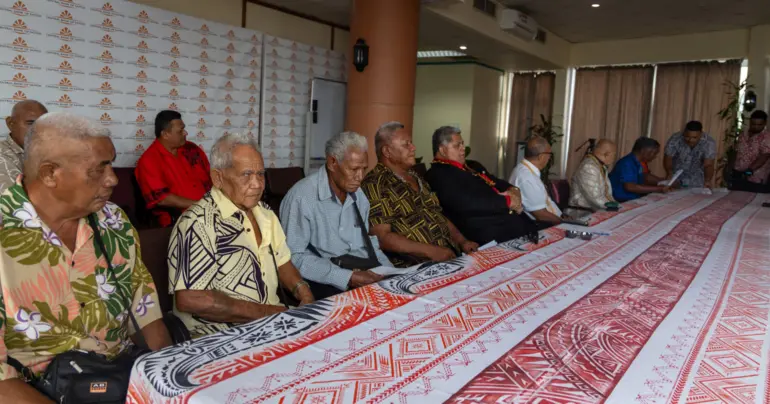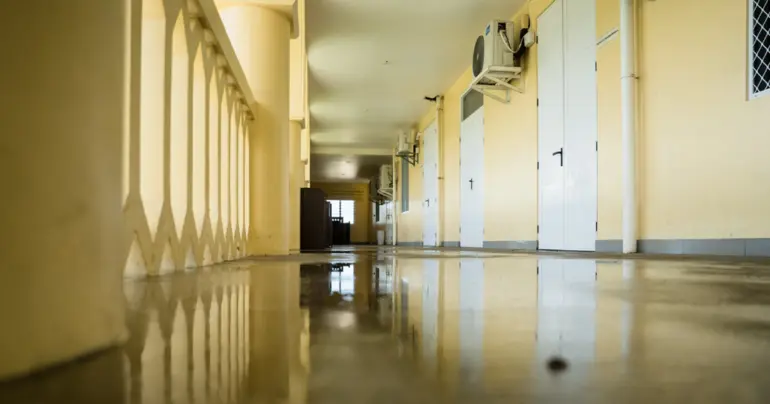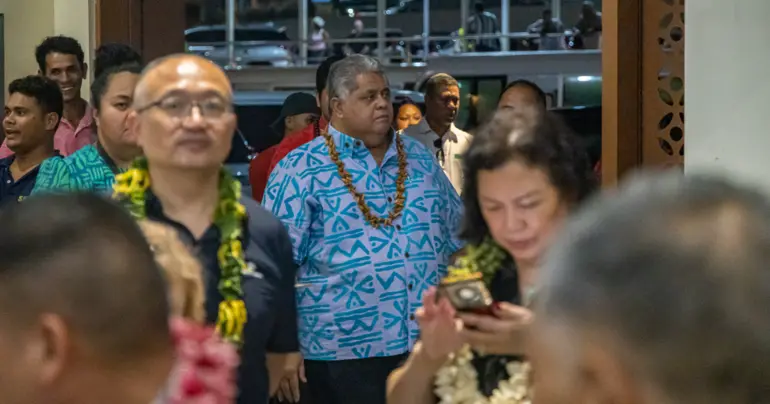Missing school has long-term consequences
The seemingly smallest disruptions in childhood can have impacts that last a lifetime.
The "New Yorker" journalist Malcolm Gladwell once analysed North America’s elite athletes, in a book dedicated to find the secret to their success: “Outliers”. One of his extraordinary findings was a disproportionate amount of big league players were born in January, February and March.
The reason? The new year is the cut-off date for selection of junior representative teams, which begin at under tens. The children who only had a couple of months’ strength advantage at nine years of age carried and compounded that edge all the way to the big leagues.
And the reverse is also true; a small disadvantage in youth can have long-term consequences.
In Samoa, the early closing of schools this year provides a most important example of that issue.
This year has been a landmark one for Samoan children missing school and should serve as a watershed moment for thinking about how we better anticipate unforeseen disruption to school schedules.
When Samoa agreed to host the Pacific Games, school children played an integral and praiseworthy role in showing hospitality to visiting nations.
But it came at the expense of three weeks in the classroom and an unknown amount of additional preparation.
Then, measles struck.
As is often the case with pandemics, authorities have no plans until they arrive.
But one thing we should have plans in place for in this era of climate change and natural disasters is unexpected emergency disruptions to children's education.
Two weeks following the declaration of an epidemic: the Ministry of Health issued an edict for the closure of pre-schools and then later, the two-week early end-of-term for colleges and primary schools.
This is hugely disruptive to students studying for their final exams; looking forward to the end-of-year prize giving; and feeling that sense of another step towards adulthood that comes on the last day of school that we can all remember fondly.
But as we have said in these pages before, safety is paramount and we make no criticism of the Ministry’s decision to contain the spread of illness.
But it does shine a light on the way in which Samoan children have missed school too often this year. The approval of three weeks’ leave for the Games was likely given without thought to the possibility of losing another three weeks to a measles outbreak.
But as it stands our pupils have been deprived of a total of about five weeks in school, or half a term's worth of learning.
Reports from scientists suggest climate change will lead to more severe “weather events” in the Pacific. Last month the MET Office about the forthcoming “active” cyclone season with two-to-three likely to come close to our island next year.
This suggests this year's closures are unlikely to be a one-off that Samoa’s students (and their parents, uncles and extended families) will have to deal with.
We believe there should be plans put in place to deal with these unpredictable closures and the Government must be more reluctant to grant vast swathes of time away from the classroom for students (such as the next time we host the Pacific Games or the Prime Minister’s mooted creation of a new event, the Polynesian Games).
It was only on Thursday, that the Prime Minister was discussing the vast possibilities made available by the new Tui-Samoa internet cable and the country’s intention to undergo a “digital transformation”.
Perhaps online learning delivered through a central village computer provides an answer to sudden disruptions; or lessons delivered via radios; or mobile schools in villages. Similar versions of all of these have been tried in other countries that have been affected by epidemics and disasters such as Hong Kong, Chile and New Zealand.
But it is clear the onus is on the Government to include in its new digital strategy a proper ready-to-go contingency plan for unexpected and likely increasingly frequent interruptions to children’s school attendance.
Consistency is the key to a good education. We believe Samoa must prepare to maintain that quality in any eventuality, lest a generation of children begin to face the same disadvantages as young American athletes born in December.
What do you think, Samoa? Have a great weekend and God bless.










